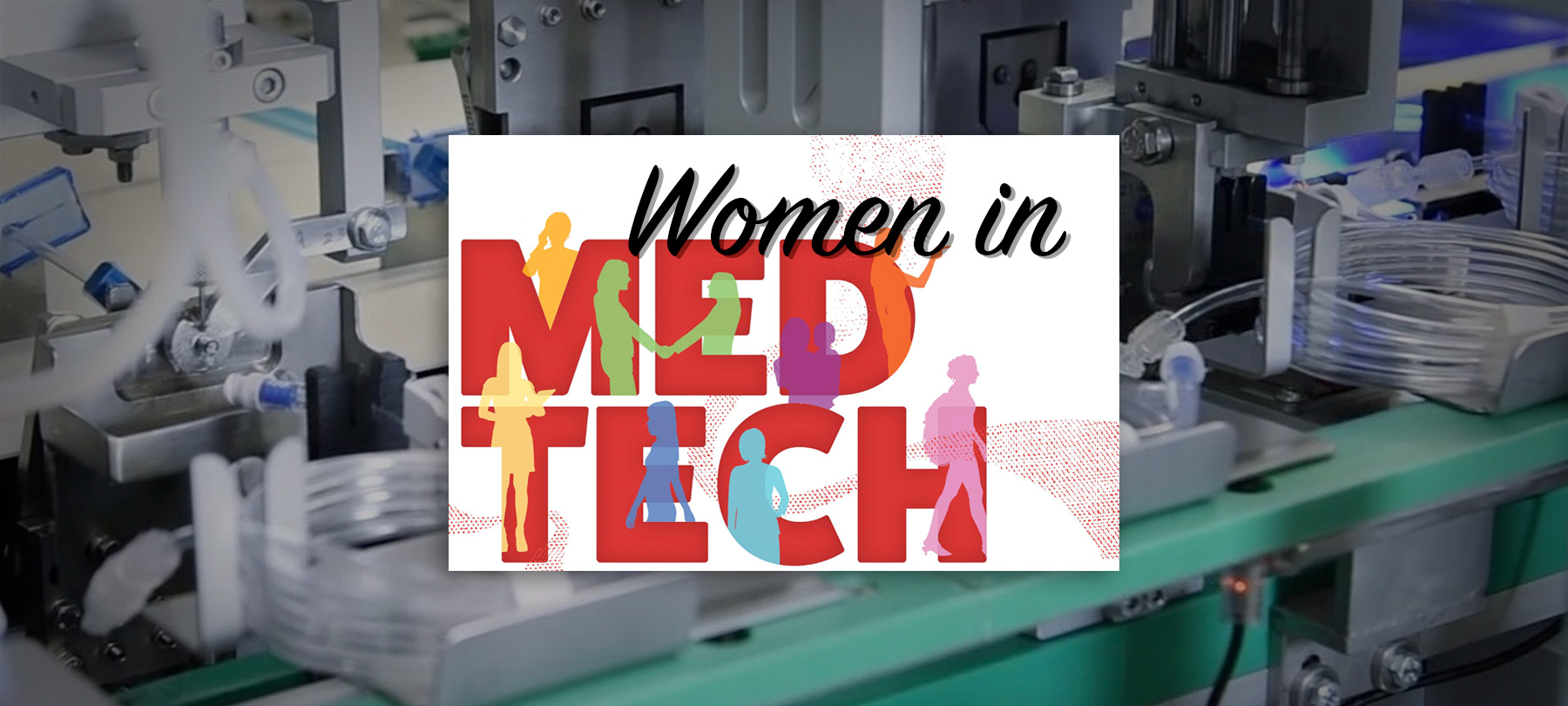Medical Design and Outsourcing - 07/2019
Special Feature Women in MedTech
Women account for nearly one-third of employees in the manufacturing industry, where men have historically held the majority of jobs, according to the U.S. Census Bureau.
The situation includes manufacturers and other outsourcers serving the medical device space.
The lack of diversity is even more apparent farther up the corporate leadership ladder. According to a report from the Centers for American Progress, women hold 52% of professional jobs in the U.S., but only 14.6% of CEOs are women.
The Equal Employment Opportunity Commission also reports that only a fifth of executives, senior officers and managers in the U.S. high-tech industries are women.
To close out Women’s History Month this year, here are 11 women in manufacturing you should know.
Leadership roles: Q&A with Julie Logothetis
July 2, 2019 By Danielle Kirsh
Julie Logothetis was told from a young age that she needed to be an engineer. She was always fascinated with machines and how things worked and she never considered another career other than manufacturing.
“I attended Villanova University and early on in the engineering program, I figured out that I maybe didn’t want to be an engineer and went on to receive a degree in economics,” Logothetis said. “Upon graduating, I had a brief stint in the financial industry. Then I was given the opportunity to work in manufacturing at Kahle Automation. From the day I started working at Kahle, I knew I found the perfect balance.”
Logothetis has worked with Kahle Automation(Morristown, N.J.) for the last 37 years, working her way up from sales to management and operations.
MDO: What first drew you to manufacturing? When did you first know you wanted to be in the industry?
Logothetis: I don’t feel that when I started working at Kahle it was a conscious decision that I wanted to be in manufacturing. It was more that I was presented with an opportunity and I took a chance.
It was easier, however, to be a woman in manufacturing working with the medtech industry at that time. I think that had I been working in a more industrial environment, it may have been more difficult to be a woman.
MDO: What are some of the barriers women face in today’s medtech industry, if any?
Logothetis: Compared to some of the other manufacturing industries, I feel that the medtech industry is very welcoming to women and always has been.
MDO: Describe your biggest leadership challenge. How did you conquer it or resolve it, and what was the outcome?
Logothetis: Having worked in the automation industry and in particular with medtech companies for the past 37 years, the biggest challenge was and continues to be that at any initial introduction as I start to work together with new people and companies, I need to verify my position and my knowledge of the industry and Kahle. This might be an extra step that men don’t have to go through, but once we get past this, it’s business as usual.
MDO: Talk about your leadership skills. What is the most important lesson you have learned that has guided you in your career?
Logothetis: I never judge people by their title or position. I always want to know and understand who you are by how you present yourself and what you have to contribute to any situation. I try to keep an open mind and believe that everyone has something positive to offer and we all need to work together to be successful.
MDO: In your opinion, what more can be done to promote greater participation of young women in the medtech industry today?
Logothetis: I don’t believe that the medtech industry has to do anything special to promote greater participation of women. As long as the industry treats women equally and rewards them based on educational qualifications and merit, we will see more women in our industry.
MDO: What career advice would you give to your younger self?
Logothetis: Enjoy the ride! I consider myself so fortunate to have this opportunity to work in an industry I love and to meet and work with such diverse and interesting people.
MDO: Why is it important for companies to be more inclusive and have more women in charge?
Logothetis: It is extremely important for companies to be open-minded and consider all candidates on their merit and not on their sex. As more and more women enter the workforce in the area of manufacturing, I do expect that you will see more women in charge. Maybe it’s the economist in me. I loved statistics. I do believe that considering the percentage of men versus women in the workforce, the number of women in management should be representative.
